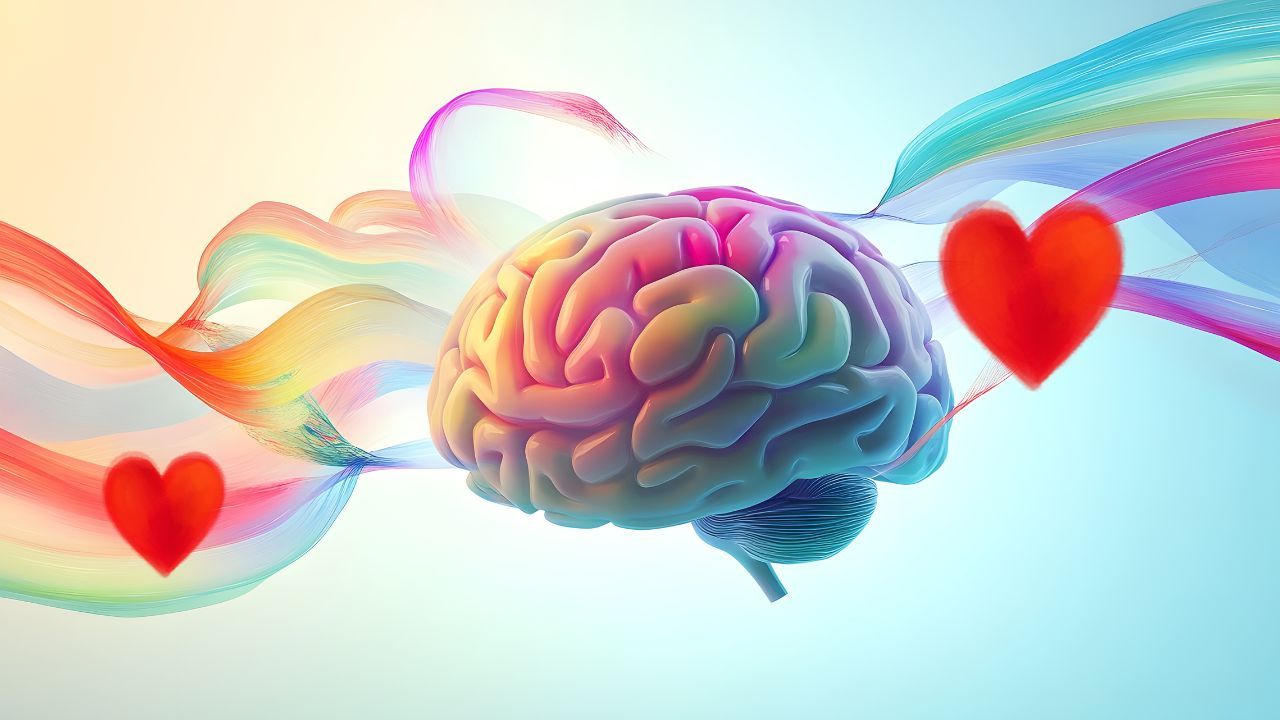The Wired Difference

Why Men and Women Feel and Share Emotions Differently
Have you ever wondered why your partner immediately jumps to fixing a problem while you just wanted them to listen? Or why one person seems to cry easily while another channels stress into physical action?
It's not just personality—it's often biology.
Our brains are wired with subtle differences that shape how we process, express, and even remember emotions. Understanding this "wired difference" is key to better communication and less frustration in all your relationships.
Brain Basics: Two Ways to Process Stress
The core differences lie in how your brain's amygdala (the emotion processor) connects to the rest of the brain:
-
Women: Emotional Language Experts
-
The Wiring: Female brains typically have stronger pathways connecting emotion centers to language centers.
-
The Impact: This often makes women faster and more fluent at naming and describing their feelings. When stressed, the immediate impulse is often to talk it out and seek social support.
-
-
Men: Action and Space Focused
-
The Wiring: Male brains often favor connections between emotion centers and areas dealing with action and spatial awareness.
-
The Impact: When stressed or upset, the immediate impulse is often to act, fix, or physically move the problem (the classic "fight or flight"). Verbalizing the deep feeling is the secondary response, often making them seem quiet or "stoic."
-
The Role of Stress Hormones
Our body's chemical messengers also guide how we seek relief:
-
Women's Stress Hormone Response: When under pressure, women often have a stronger "tend and befriend" response, driven by hormones like oxytocin. They instinctively look for connection, comfort, and community to regulate their system.
-
Men's Stress Hormone Response: Men are more likely to stay in the classic "fight or flight" mode, leading to a quick impulse to withdraw, exert control, or find an immediate solution.
The Simple Takeaway for Better Connection
These differences are not defects; they are simply different operating systems. You can use this knowledge to connect better:
-
For Women: When you need to process, state your need clearly: "I need you to just listen for five minutes, not offer solutions."
-
For Men: When your partner is sharing, remember they may need empathy before an action plan. Practice naming the feeling you hear: "That sounds incredibly frustrating."
By understanding that your partner is biologically wired to process emotions differently, you create space for compassion and unshakable connection.
What's one difference you've noticed in emotional processing that you can now embrace?
Client Love Note:
"From not knowing what to expect to leaving with a new appreciation of self-awareness and somatic delights. Amazingly awesome with playfulness. Viktoria was a guiding light, her compassion and devotion to her craft was appreciated.." - B
